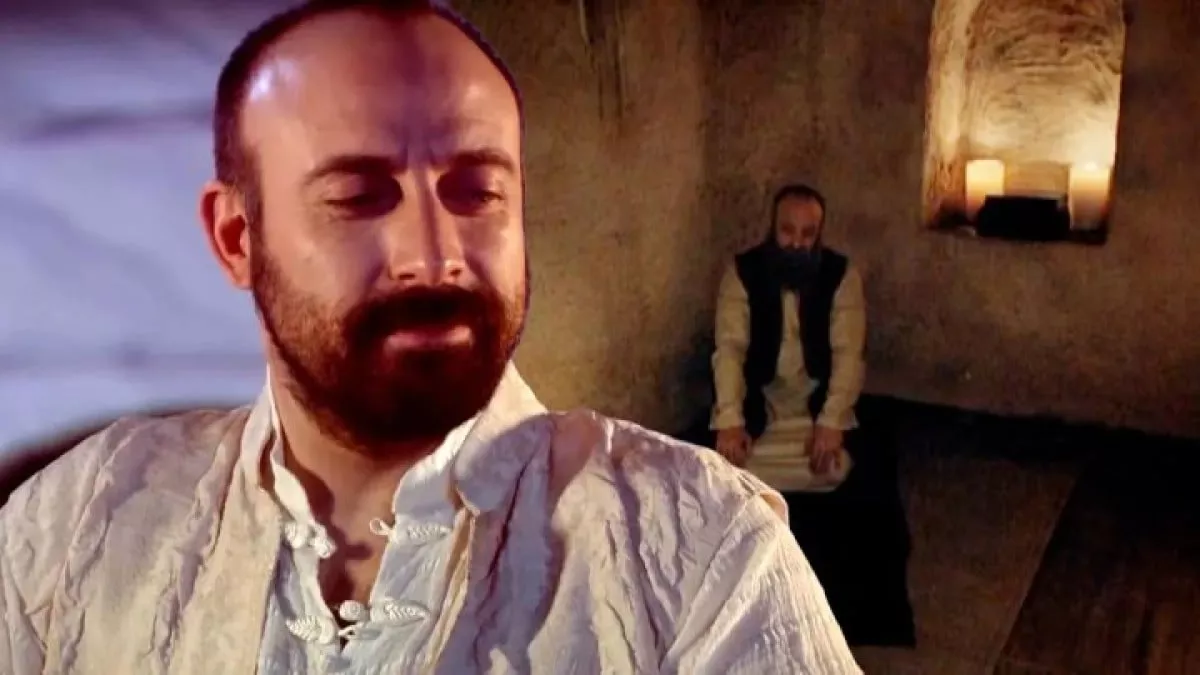Solomon revealed the secrets of his forty days of solitude

One of the most striking moments of the famous “Magnificent Century” series is the scene where Sultan Suleiman suddenly disappears. This was reported by Upl.uz.
He leaves the palace and power, living in complete solitude for forty days. This event raised many questions among viewers because its true meaning was never fully revealed.
During his reign, Suleiman was caught between two roles — a loving father and a just ruler. He made decisions that determined the fate of the empire, but these decisions became a heavy trial for him personally.
The hardest trial was sentencing his son Mustafa to death. This tragedy left a deep wound in his heart.
Then came another blow — the death of his other son, Jahangir, who died unable to overcome the grief of losing his brother. These events led to the sultan’s voluntary isolation.
Grief-stricken, Suleiman withdrew to his private chamber. He cut himself off from the world, closed the windows, gave up luxurious clothes, and survived only on bread and water.
For forty days in solitude, he sought solace through prayer and struggle with his conscience. He sought forgiveness and peace, but even in silence, his heart continued to feel pain.
These forty days served as a purification ritual for him. He strove to accept the tragedy and understand how costly power truly was.
His solitude was not only sorrow but also a severe pain endured alone. Like Hurrem, who did not share her grief with others, Suleiman experienced this heavy loss by himself.
Voluntary isolation completely changed him. When he emerged from the chamber, he was no longer a father but a ruler, having relinquished a part of himself and forced to bear the heavy burden of power.
These forty days became a symbol showing how even the strongest person cannot endure profound grief.

